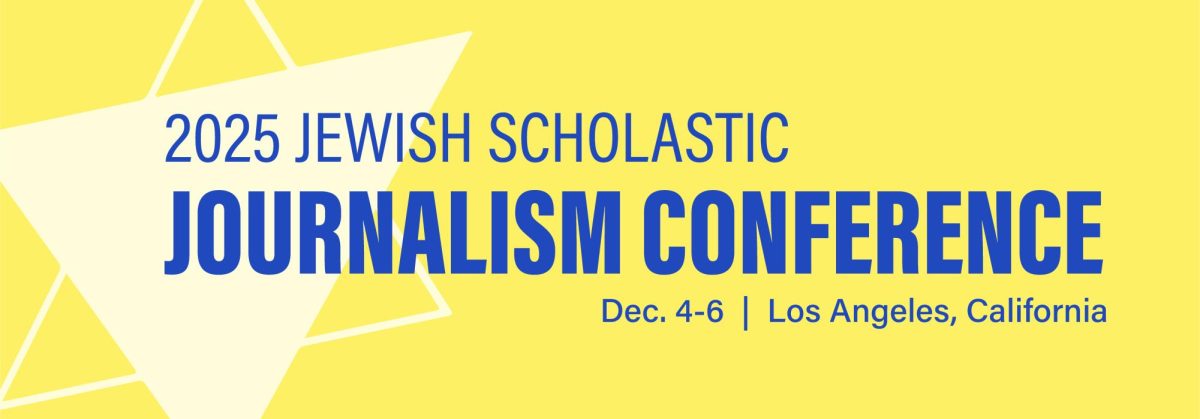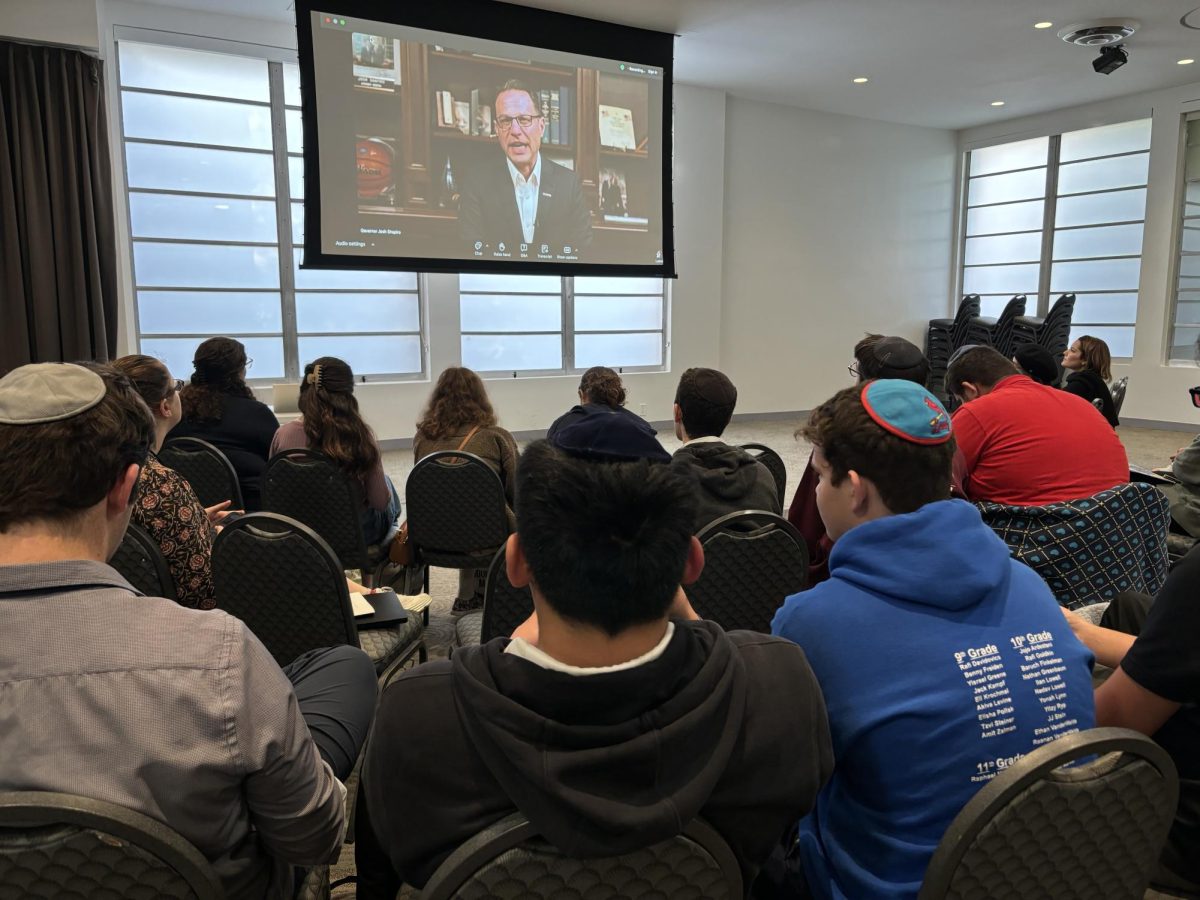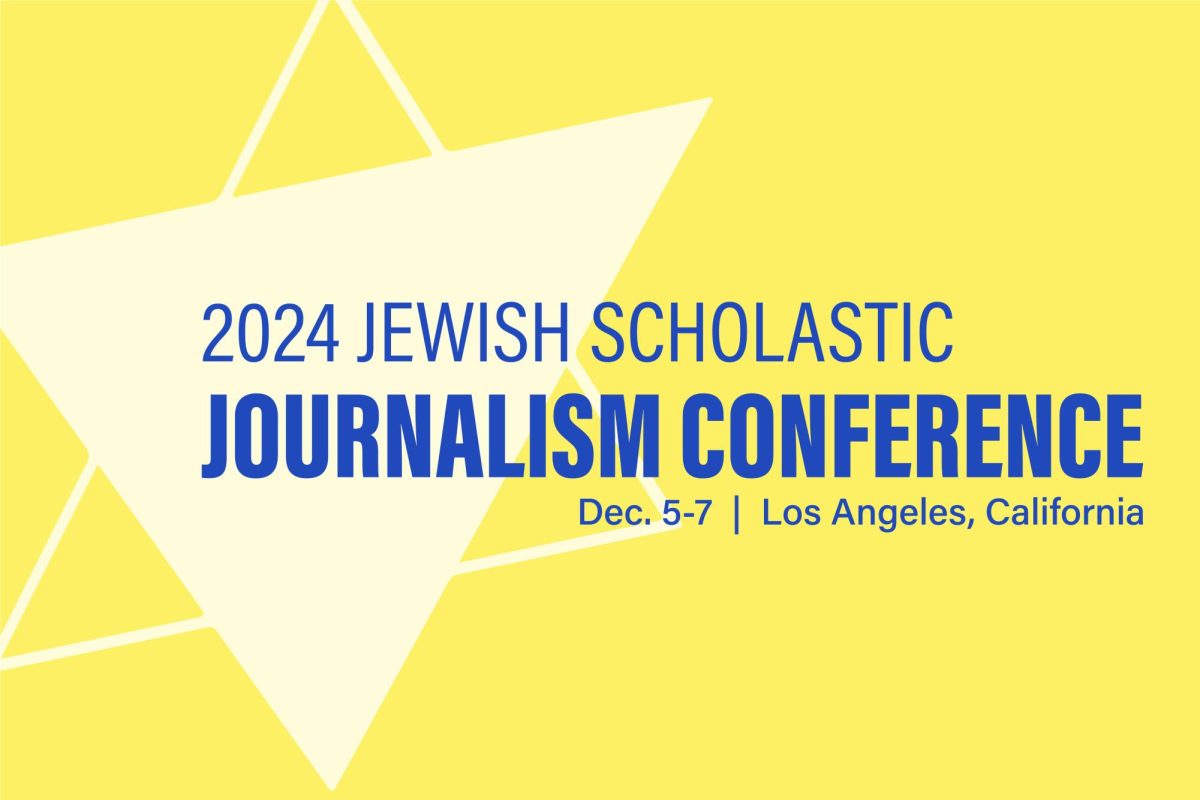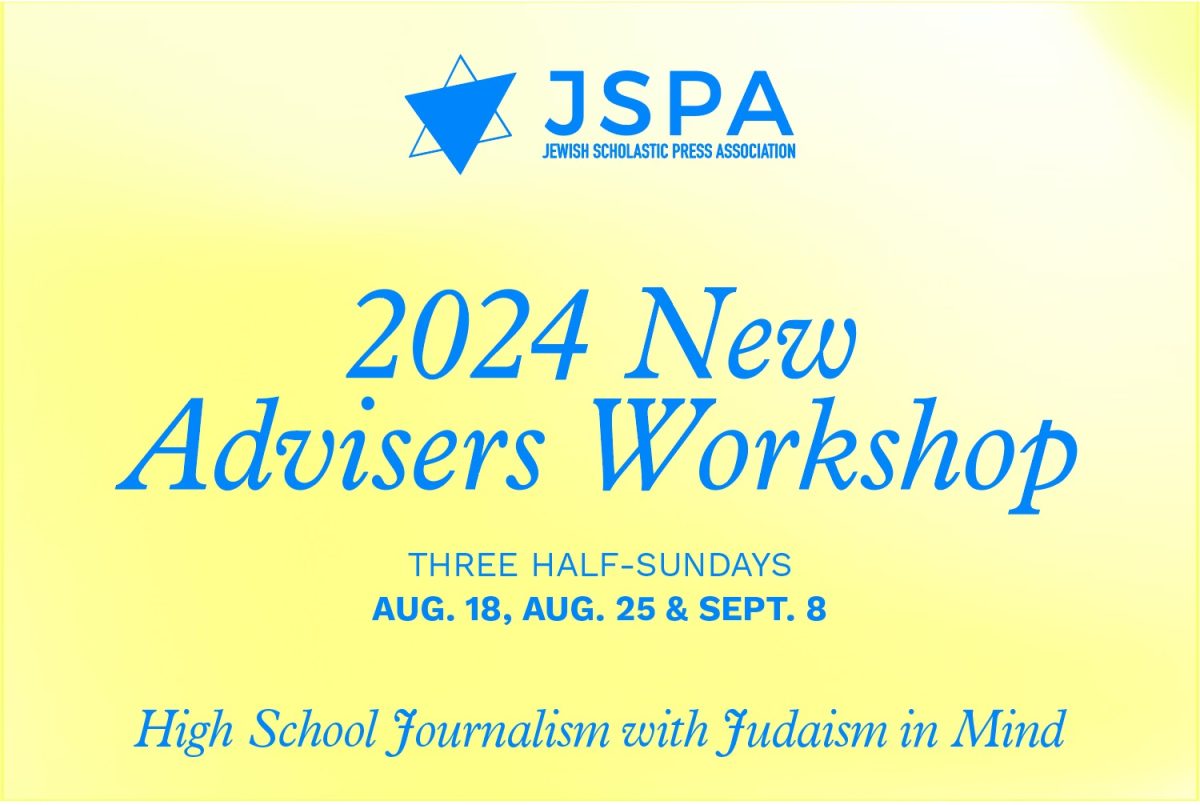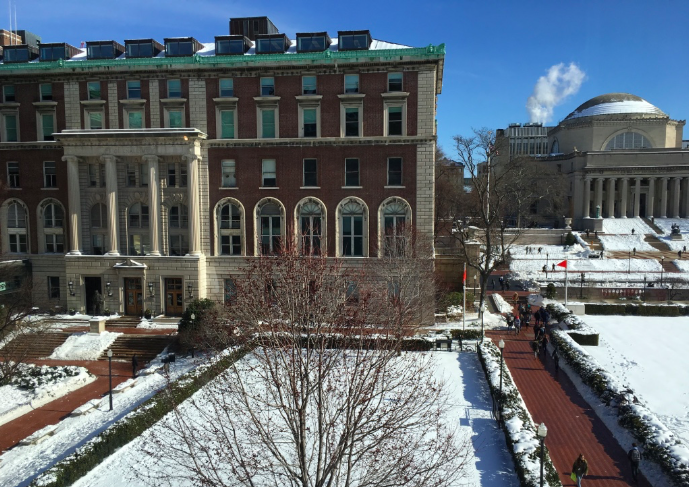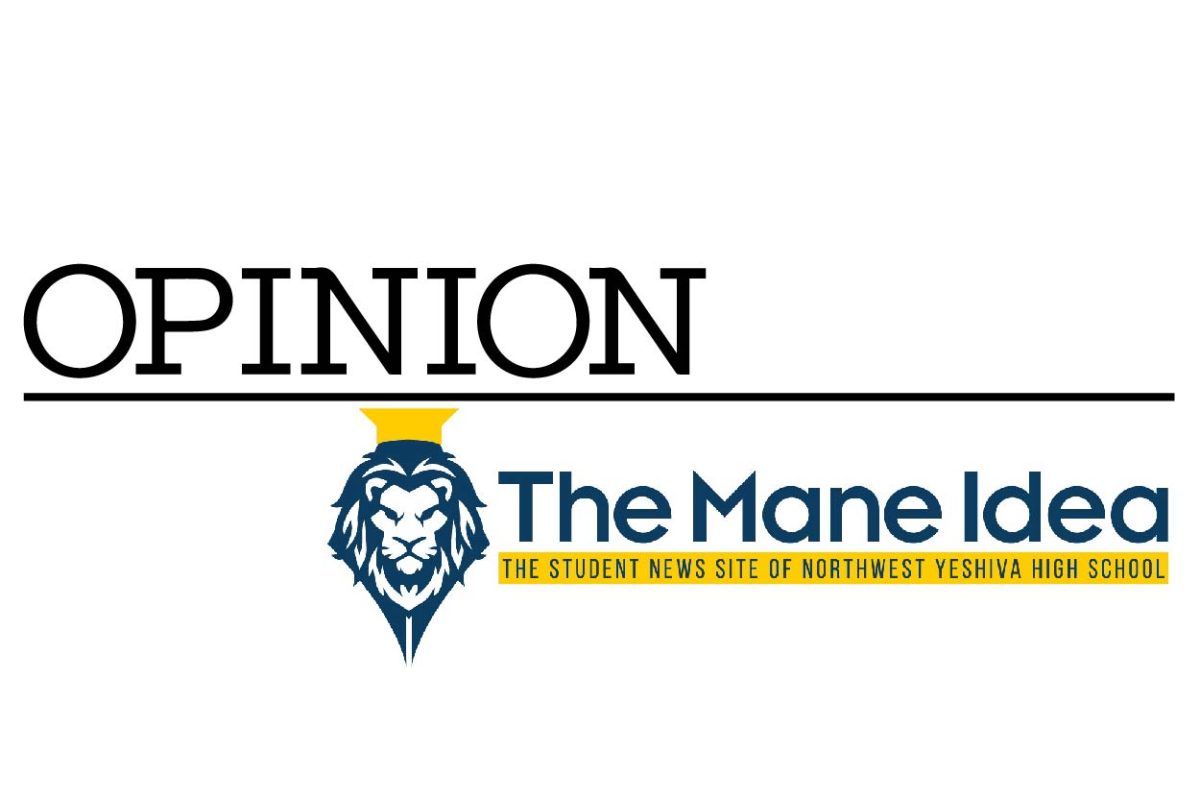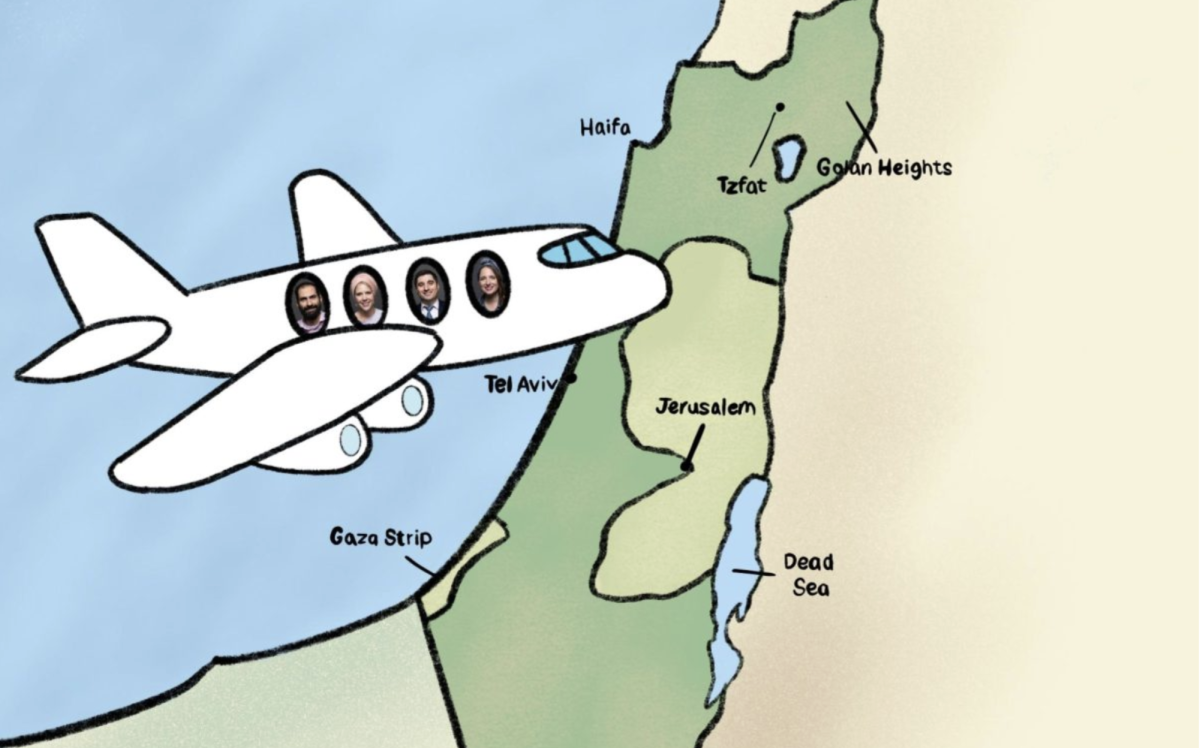JSPA is offering a professional development program this summer, where high school journalism advisers can learn how to incorporate Jewish texts, values and ethics into their understanding and teaching of journalism and teach students to apply Jewish thought to decision-making in their school newsrooms.
The new program will offer training and materials for both new and experienced journalism teachers, including both Zoom-enabled workshops and one-on-one consultation, acquainting them with professional journalism practice and how to teach writing, interviewing and news-gathering skills while providing accurate, sensitive and trustworthy information for their communities.
The program will take place on four consecutive Wednesdays — July 15, 22 and 29 and Aug. 5. Except for July 22, each session will be divided into three or more workshops from 10 a.m. to 1 p.m. Pacific time. July 22 will be a shorter group meeting followed by extended one-on-one discussions about the advisers’ individual schools.
JSPA Executive Director Joelle Keene said the spread-out timetable would encourage enrollees to supplement JSPA’s training with summer adviser training offered by leading secular journalism education groups. The National Scholastic Press Association (NSPA), Columbia Scholastic Press Association (CSPA), and Journalism Education Association (JEA) all are offering their adviser training programs online this summer, most over the course of a few days or a single week. They cover topics ranging from reporting and interviewing to managing social media, from legal issues to newsroom culture, and from software implementation to lesson plans.
“Also,” Ms. Keene said, “COVID or not, it’s summer. We want to give advisers time to think in between meetings. And after the challenges of last spring, everyone needs time to decompress.”
The cost of the JSPA Summer Advisers Workshop will be $150 per adviser, and will include school JSPA membership for the 2020-21 school year. Scholarship assistance is available thanks to a grant from the New York-based Lippman Kanfer Foundation for Living Torah in New York. Please write directly to [email protected] for details.
Registration will also include optional followup coaching during the school year.
“JSPA has built this program to strengthen journalism education long-term,” Ms. Keene said. “We want students to acquire real-life journalism experience, and to acquire an ethical grounding of Jewish perspective that they can bring into newsroom decision-making, as well as into their lives as citizens in a democracy.”
She said journalism training is something that need not be curtailed during the coronavirus pandemic.
“Journalism remains not only important but doable,” Ms. Keene said, “The tools are all online, the skills taught as relevant as ever and the societal need even greater.”
The program outline is below. To register for the workshop series, click here.
July 15
Introductions
What the Torah actually says about journalism (yes! and it’s beautiful!)
Community coverage: Using journalism to get your students outside the bubble
Outside speaker on current issues and on being Jewish in the newsroom
July 22
Group discussion followed by one-on-ones throughout the day
Roundtable on challenges teachers have already experienced
July 29
How to cover Israel and other world and national news from a Jewish, local or teenage perspective
Press freedom, privacy and responsibility in religious high schools
The Editorial Board: Using Jewish religious ethics to make newsroom decisions
August 5
How to cover your own community without becoming a pariah
Alphabet Soup: The larger world of high school journalism in the U.S. today: JEA, NSPA, CSPA, AJPA, Quill & Scroll, state and local journalism associations, enrichment opportunities, contests and prizes
Obstacles and opportunities: How to make this happen at your school
Outside speaker on the state of Jewish news media and Jewish coverage in mainstream media
Wrap-up and scheduling for the school year

